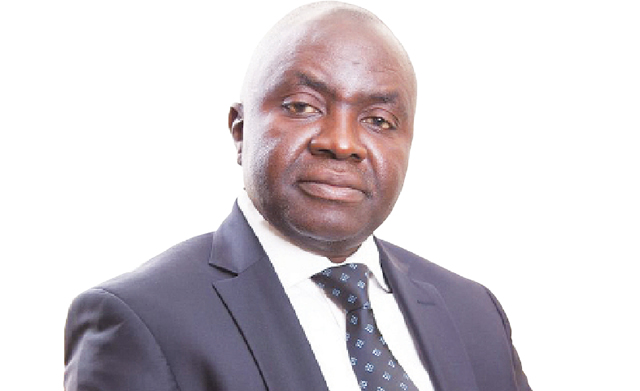The Centre for Promotion of Private Enterprise (CPPE), one of Nigeria’s private sector advocacy groups championing the cause of policy-driven economic policies and initiatives, has canvassed a 10-point strategic agenda needed to strongly position the nation’s economy on the path of sustainable growth in the years ahead.
The Centre, in a Note signed by its Founder/Chief Executive Officer, Dr. Muda Yusuf, as Nigeria prepares for her 62nd Independence Anniversary tomorrow, captured the past years of sustained efforts by past and present governments, the organized private sector and other stakeholders to optimize the performance of the economy and noted that the efforts had not translated to much socio-economic benefits for the citizenry and the country.
While noting that the nation’s economy has transformed from agrarian to service driven over the decades with some remarkable achievements recorded in the financial, aviation, health, telecommunication, agricultural and other sectors, the economic expert explained that the economy had witnessed impactful private sector footprints in many sectors with the attendant positive implication for the Nigerian economy.
Despite the successes recorded in these key sectors, the CPPE boss maintained that there were serious concerns about the economy in terms of the country’s macroeconomic management framework which continues to pose serious challenges to investors and around investment climate issues, high infrastructure deficit, cargo clearing challenges which has continued to worsen, high transactions cost at the ports, weak productivity in the real sector largely as a result of infrastructure conditions, regulatory challenges and policy inconsistency, amongst others.
In addition, he identified persistent importation of petroleum products which had continued to put pressure on foreign reserves and weakening the capacity of the CBN to support the forex market, the weak fiscal position of the federal government and the states and the increasingly worrisome state of insecurity which had been taking huge toll on the economy as among major concerns in the economy.
Yusuf, having critically appraised the current situation in the economy and what seems the best ways to grow the economy, recommended a 10-point agenda for the Nigerian governments’ implementation in collaboration with all stakeholders in the economy.
Specifically, the CPPE leader canvassed the need for urgent steps to be taken to ensure a better macroeconomic management framework to stabilise the exchange rate, eradicate the challenge of illiquidity in the foreign exchange market and to stem the current depreciation of the Naira and to strengthen strategies to attract private sector capital to compliment government financing of infrastructure
In addition, he called for a reduction in the level of debt financing, especially the reliance on commercial debt to fund government operations as well as necessary steps to attract foreign exchange through a strategy of ensuring new investment opportunities to stimulate foreign capital inflows into the economy, stressing that Nigeria should be seeking more equity capital than debt capital.
Other measures advocated by the Centre are the need to review the country’s trade policy to support investment growth and investment sustainability, a greater emphasis on quality intelligence in the war against terrorism to address the insecurity in the country as well as acceleration of the oil and gas sector reform which is now being anchored on the Petroleum Industry Act [PIA] in order to ensure the unlocking of the enormous value in the oil and gas sector, particularly the gas sector.
The CPPE boss further clarified: “There should be an immediate cessation of the impunity that has characterized the stealing of crude oil and the attacks on oil installations.
“Institutional reforms are necessary to ensure that the regulatory institutions have better disposition to support the growth of investment and focus less on the generation of revenue.
“The international trade process needs to be reformed to prioritize trade facilitation. The current obsession for revenue generation is hurting the international trade processes and impacting adversely on domestic and foreign investment.
“Therefore, the orientation of the Nigeria Custom Service (NSC), Nigerian Ports Authority (NPA), the shipping companies and the terminal operators and the security agencies at the ports need to change in favour of an investment friendly international trade processes”, Yusuf added.






